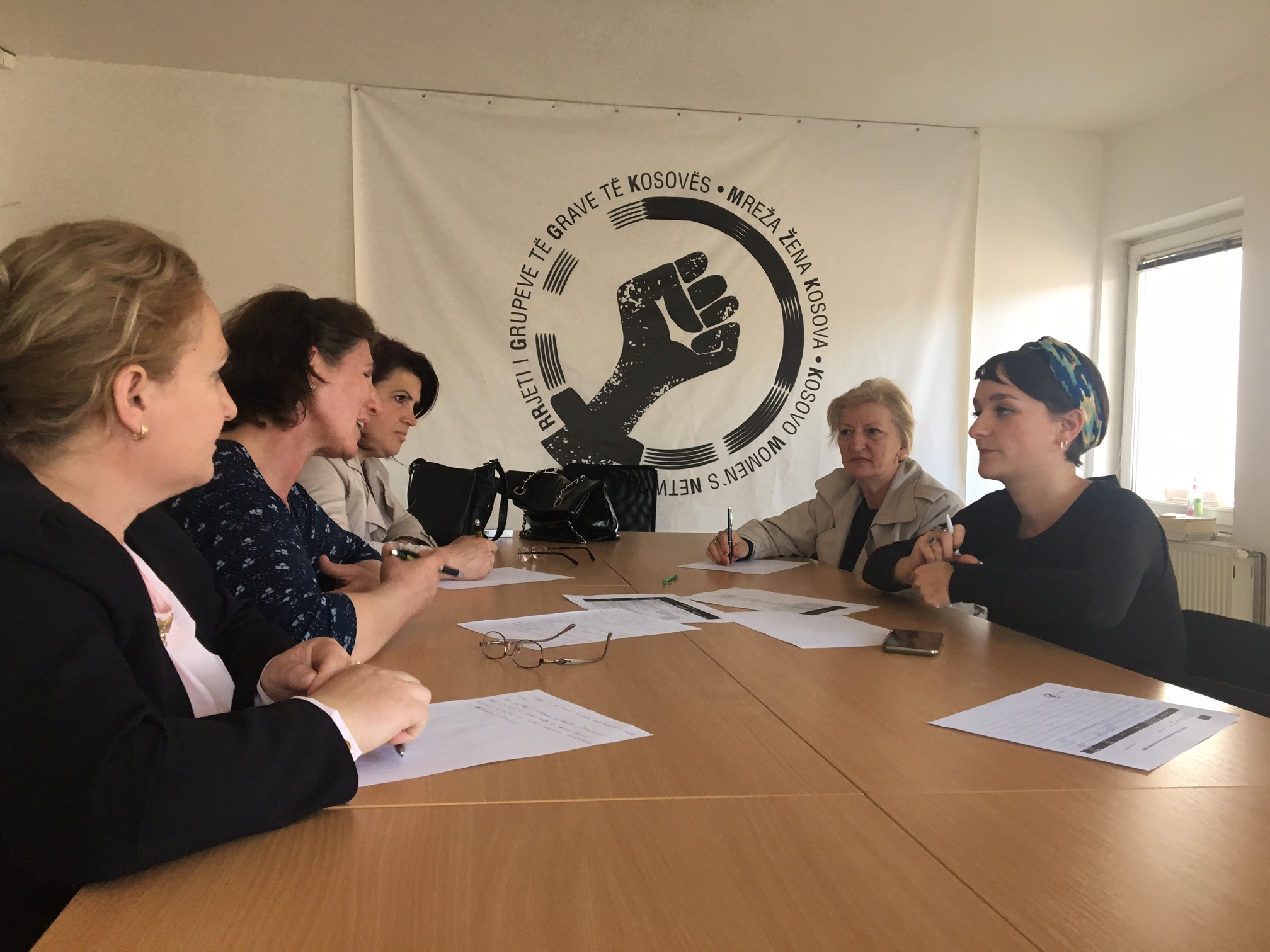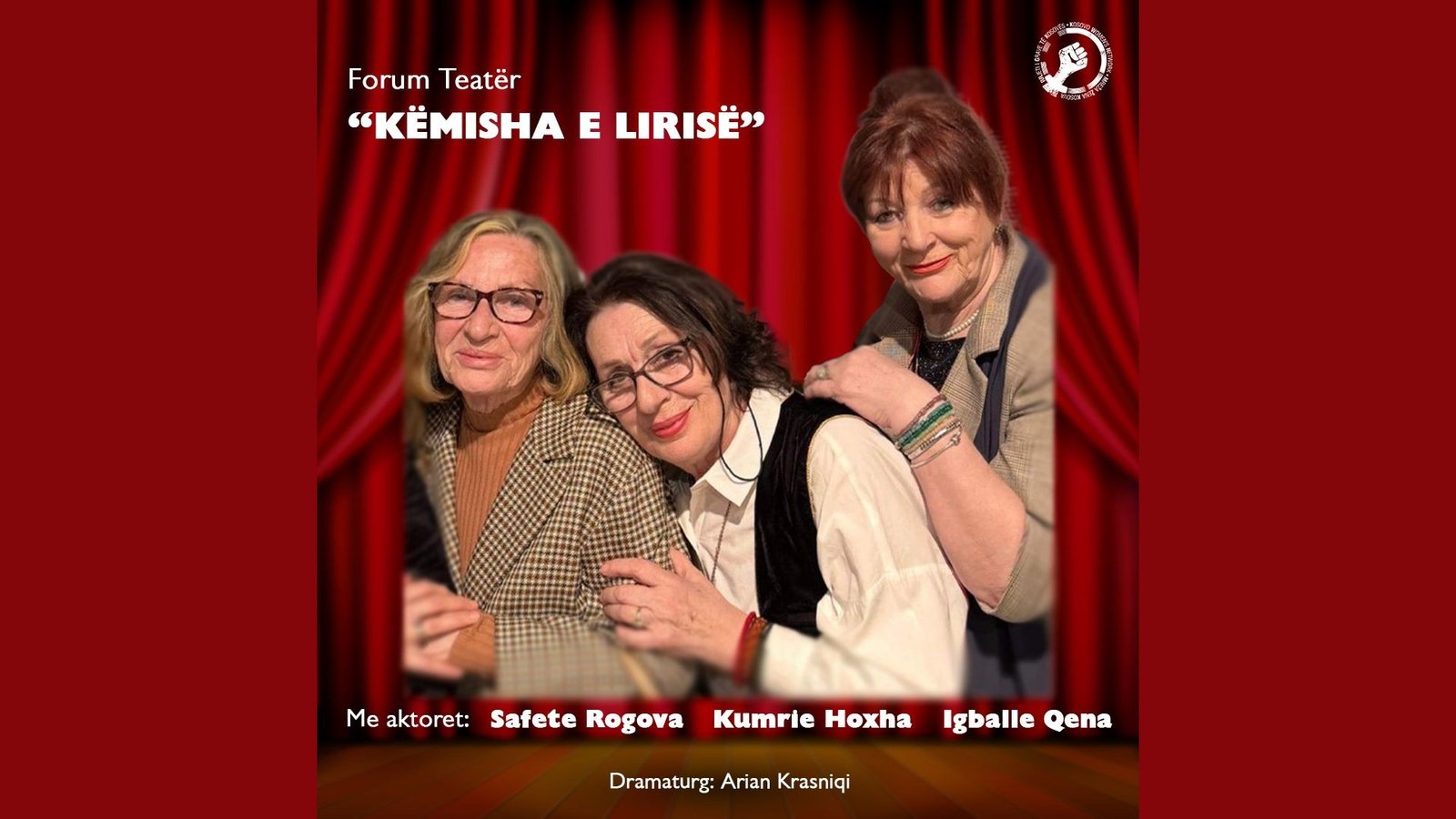On March 30, Kosovo Women’s Network (KWN) organized a workshop to Increase Capacities in Developing Logical Framework. Although KWN members have participated previously in another such training, based on the experience with Kosovo Women’s Fund (KKWF) and the requests coming from KWN members it was made clear that they still need to strengthen their knowledge on the development of logical framework during the project proposal writing, respectively regarding the hierarchy of outcomes, indicators, assumptions etc.
Since the 11th round of KWF is open until the April 10, at the beginning of the workshop representatives of member organizations were immediately divided into groups by selecting the area in which the idea of their project fits, based on five programmatic areas of KWN Strategy for 2015-2018: Raising the capacities of KWN members; Women in politics and decision-making; Women’s and girl’s health; Gender Based Violence and Economic empowerment of women. Staff members of KWN were divided in groups, where they explained the importance of logical framework, the ways to develop and its usage. Afterwards all participants from member organization started to work directly on their project proposal.
“It is very important for us to learn the terms used in the preparation of a logical framework and their meanings, and then it will be easier to develop a logical framework for a particular project,” said Luljeta Avdic from the association “Hand in Hand".
Member organizations were also strongly encouraged to undertake advocacy initiatives at central and local level. KWN also aims, that through this training offered to members, to prepare them not only for cooperation with KWN, but also for new opportunities for cooperation with other actors working on gender issues, including the institutions of the Republic of Kosovo and various donors.
"Knowledge in developing a logical framework is necessary not only because of the funding application in KWF, but also due to the application possibilities to other donors in the future," said Afërdita Zeneli said, head of the NGO "Dita ".
This workshop was supported by the European Union Office in Kosovo.





